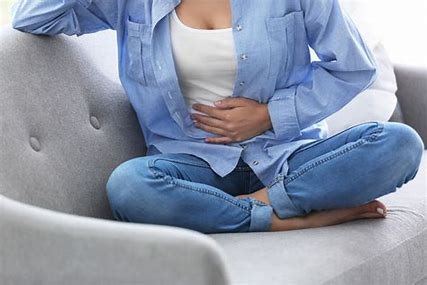
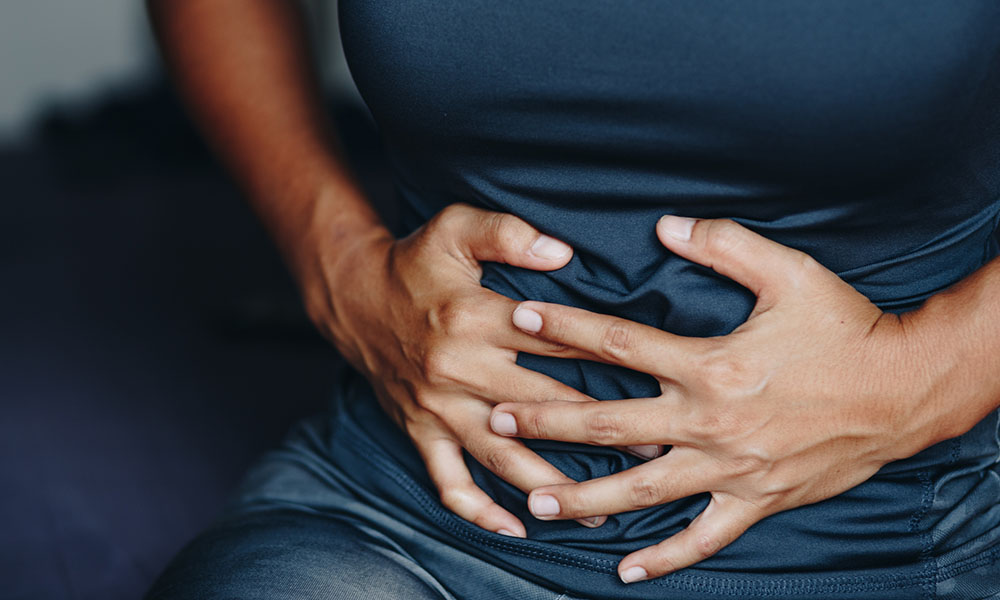
The month of March is internationally observed as Endometriosis Awareness Month. The annual campaign on endometriosis seeks to educate the world about the condition that affects over 150 million women globally.
Endometriosis, often referred to as ‘endo,’ is a condition that is prevalent among women. Women, of all ages and races, are affected by the condition, though much is not known about it.
According to Everyday Health, endometriosis occurs when endometrial-like tissue starts to grow outside of the uterus, causing symptoms like pain, bleeding, and irritation, which can eventually lead to scar tissue developing in the affected areas.
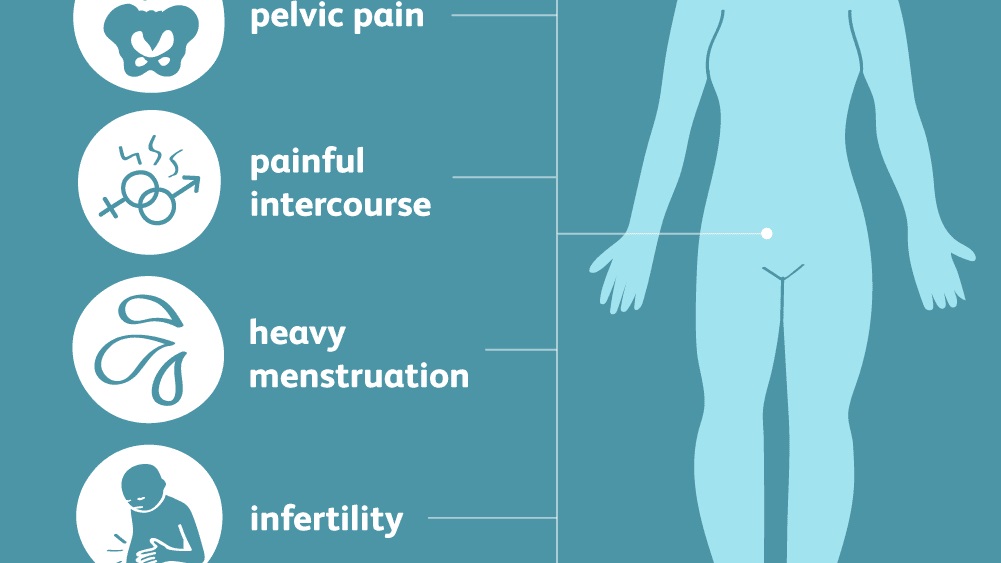
Research shows that some women experience these symptoms from the time they ovulate through to the start of their period — meaning for half of each month they have endometriosis-related pain. While others may experience predominantly period pain, or symptoms like painful sex, excessive bleeding, or infertility.
It’s estimated that 10 to 15 per cent of women of reproductive age struggle with this condition.
If you have been diagnosed with endometriosis, you can relate to the challenges this unbearable condition may pose. However, that doesn’t mean you can’t live a normal life.
Here are five tips to help you or someone you know cope with endometriosis:
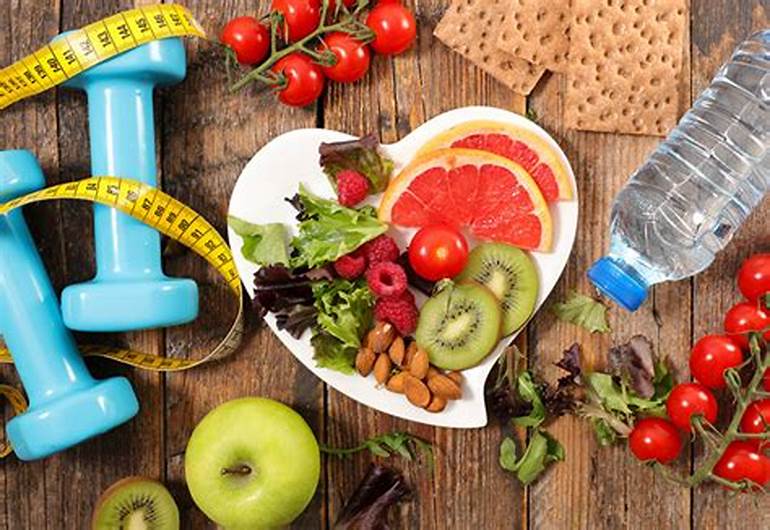
1. Maintain a healthy diet
While researchers are still looking at how nutrition may affect endometriosis. Many healthcare practitioners recommend eating foods that may help lessen the pain and inflammation associated with endometriosis.
An anti-inflammatory diet may help ease endometriosis symptoms. This means focusing on a well-rounded diet that includes lots of whole foods, such as fresh fruits and vegetables and lean meats.
Be sure to also include foods high in omega-3 fatty acids in your diet, such as avocados nuts, olive oil, and low-mercury wild fish, as these are linked to reduced inflammation.
In order to maintain a healthy diet that may help your condition you’ll have to nix processed foods and sodas.
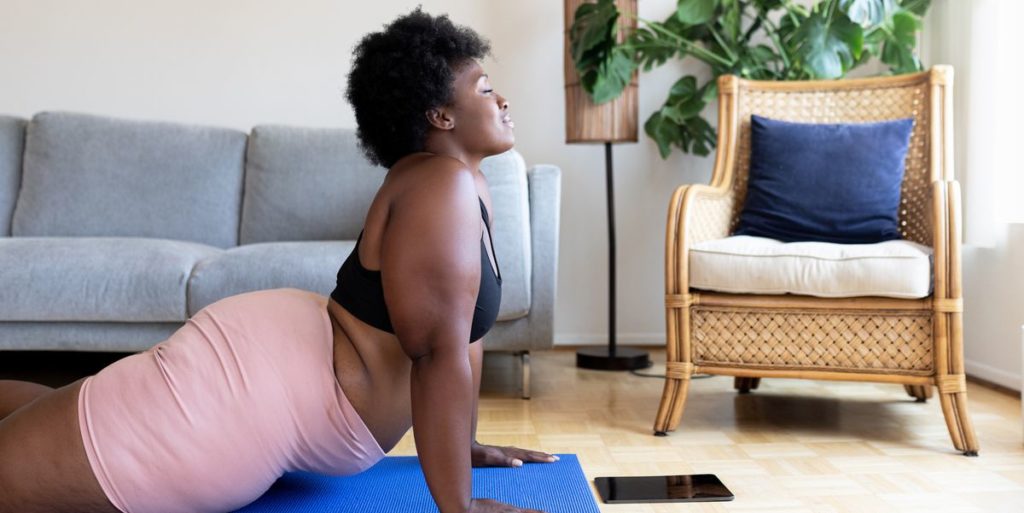
2. Stay active
The reality is you may not want to exercise when you’re in pain, but when you feel up to it, it is recommended that you try to move at least 30 minutes a day.
According to the Saint Louis University School of Medicine, staying active can help reduce ovarian stimulation and estrogen production, which in turn can help relieve endometriosis symptoms.
Also, staying active can release endorphins or feel-good hormones, which can be a natural pain reliever.
Exercising regularly will help with, improving cardiovascular health, maintaining healthy muscles and bones, reducing pain, managing weight, boosting energy levels, lifting mood and helping you to sleep better.
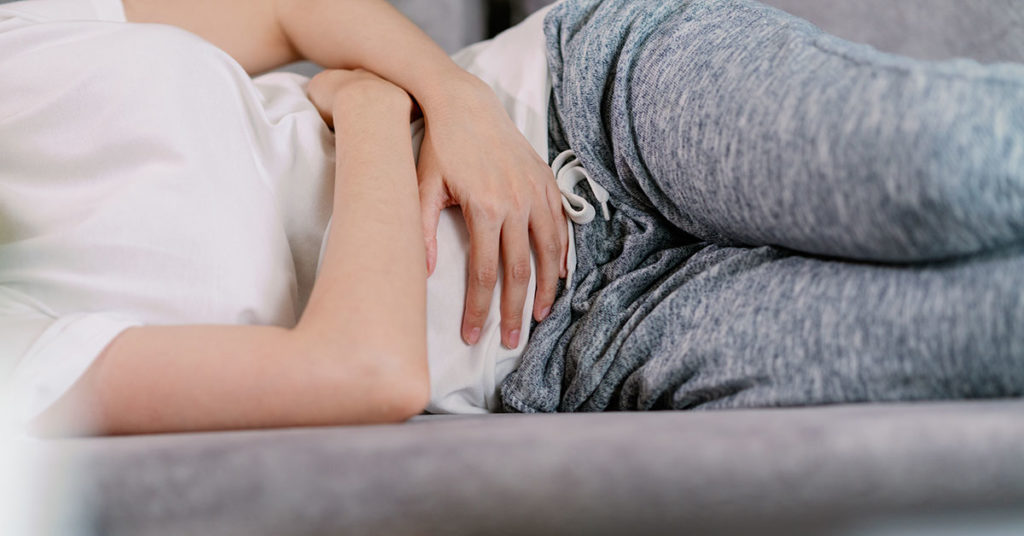
3. Reduce your stress level
Living with pain is draining emotionally as well as physically. It is known that those affected by endometriosis can become overwhelmed.
Despite this, you need to make a conscious effort to guard your mental health. According to research stress is common among women with endometriosis.
With this women with the condition are encouraged to reduce their stress levels by using stress management tools that may help to better manage their symptoms.
You can try reducing your stress by, finding a hobby that you enjoy, reading a book, spending time with family and friends, listening to calming music and trying meditation and breathing techniques.

4. Get a strong support system
While endometriosis can take a toll on your emotional well-being, try not to isolate yourself from others. Instead, seek support from your family and friends or professional help if needed.
You can also join online support groups to connect with others who have endometriosis to swap stories and strategies.
Communicating with those around you can better help them to understand your needs and provide the support you.
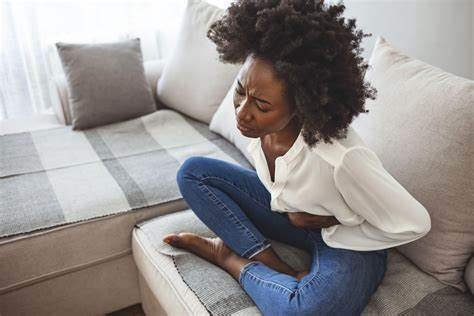
5. Try acupuncture
According to Everyday Health, acupuncture may be helpful in combatting pain related to endometriosis or in helping to regulate cycles. In this form of Chinese medicine, a practitioner applies small needles to body parts to help correct imbalances by increasing blood flow to those areas.
For women with endometriosis, this often means getting acupuncture needles in the pelvic area and lower abdomen to help ease symptoms like cramps.
Living with endometriosis can be a constant struggle. However, these tips may help you find effective ways to cope and to best manage your symptoms. By prioritizing taking care of your overall health, you can feel better.

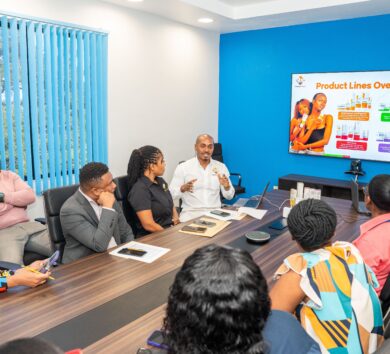

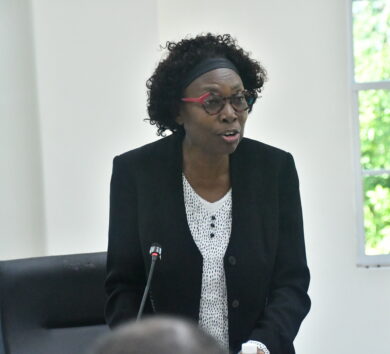



Comments